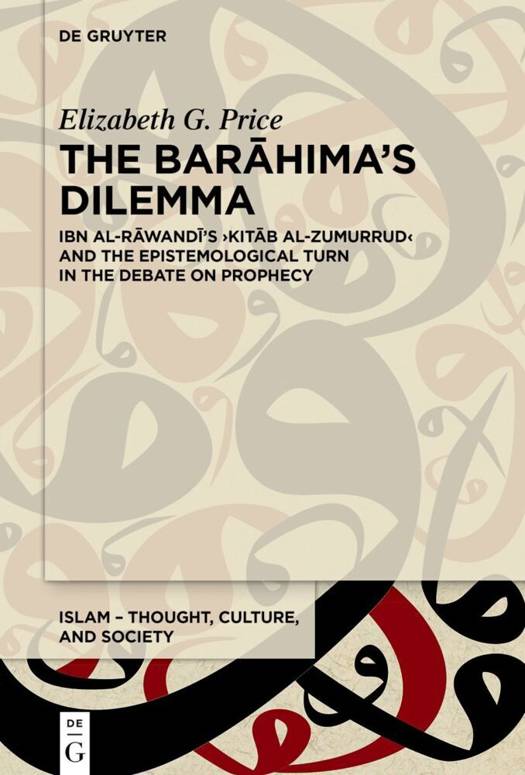
- Retrait gratuit dans votre magasin Club
- 7.000.000 titres dans notre catalogue
- Payer en toute sécurité
- Toujours un magasin près de chez vous
- Retrait gratuit dans votre magasin Club
- 7.000.0000 titres dans notre catalogue
- Payer en toute sécurité
- Toujours un magasin près de chez vous
Description
When debating the need for prophets, Muslim theologians frequently cited an objection from a group called the Barāhima - either a prophet conveys what is in accordance with reason, so they would be superfluous, or a prophet conveys what is contrary to reason, so they would be rejected. The Barāhima did not recognise prophecy or revelation, because they claimed that reason alone could guide them on the right path. But who were these Barāhima exactly? Were they Brahmans, as their title would suggest? And how did they become associated with this highly incisive objection to prophecy?
This book traces the genealogy of the Barāhima and explores their profound impact on the evolution of Islamic theology. It also charts the pivotal role that the Kitāb al-Zumurrud played in disseminating the Barāhima's critiques and in facilitating an epistemological turn in the wider discourse on prophecy (nubuwwa). When faced with the Barāhima, theologians were not only pressed to explain why rational agents required the input of revelation, but to also identify an epistemic gap that only a prophet could fill. A debate about whether humans required prophets thus evolved into a debate about what humans could and could not know by their own means.
Spécifications
Parties prenantes
- Auteur(s) :
- Editeur:
Contenu
- Nombre de pages :
- 460
- Langue:
- Anglais
- Collection :
- Tome:
- n° 13
Caractéristiques
- EAN:
- 9783111027128
- Date de parution :
- 22-04-24
- Format:
- Livre relié
- Format numérique:
- Genaaid
- Dimensions :
- 156 mm x 234 mm
- Poids :
- 825 g

Les avis
Nous publions uniquement les avis qui respectent les conditions requises. Consultez nos conditions pour les avis.






